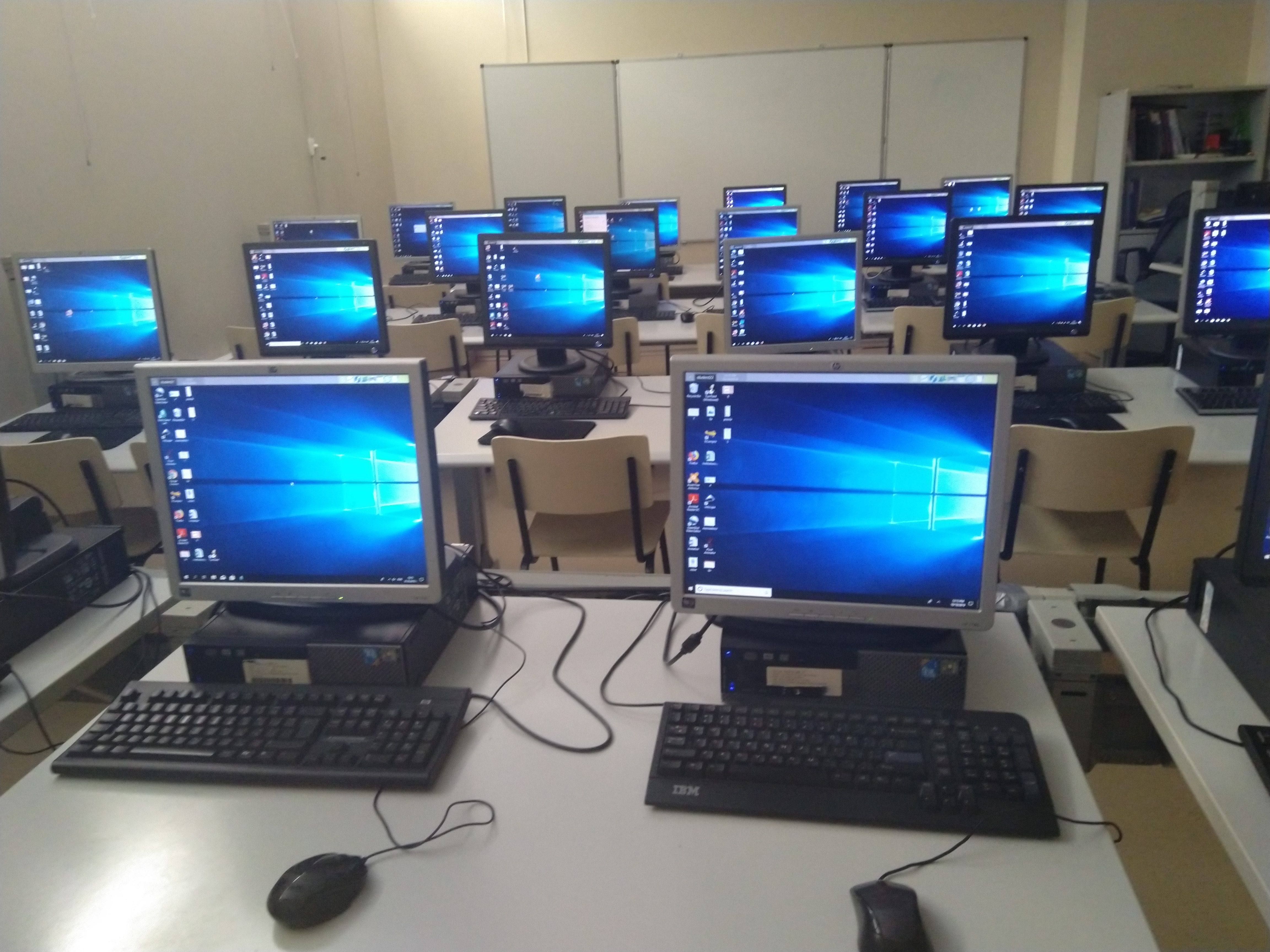Computer Training
The educational process at Doris Tenedi School naturally includes all components and stages of computer training - from the initial introduction to professionalism in computer technology. Here students encounter the computer in early childhood, and through games and activities accessible to their age, they begin to master its secrets. The processes of learning and practical use of computer technology in educational activities run in parallel from preschool to the last high school class.

The learning process at Doris Tenedi integrates early foreign language and early computer learning. Thus, language and computer literacy as components of modern communicative competence complement and motivate each other in the process of learning. Learning a foreign language is a prerequisite for information exchange, and the use of information technology contributes to better language acquisition.
The computer training at Doris Tenedi is in-depth and at the same time has an applied orientation. Students are given feasible and tailored tasks with a clear applied nature, which creates a strong motivation for their excellent performance.
At the same time, the training process guarantees the complexity and stability of the acquired knowledge and skills to a degree of high professionalism.
Computer training at Doris Tenedi goes through different stages, tailored to the age of the students.
In preschool, first and second grade, the initial acquaintance with the computer system takes place. The educational software we use contains didactic games and many exercises in electronic form, which create a pleasant and unique atmosphere in the classroom.
In the third and fourth grade, the training is aimed at acquiring knowledge about digital devices and how they work. Creating and experimenting with computer models helps young students understand the nature of the digital world, understand it, and make sense of its rules.
From fifth to seventh grade, computer technologies for searching, acquiring, structuring and presenting information are mastered. In the learning process, students learn about the basic capabilities of modern computer systems to process different types of data, to deliver it in different forms and to access a variety of information from various sources. At this stage, students carry out individual projects and prepare papers that require the collection, structuring and presentation of textual, graphical and audio-visual information.
The training in information technologies in the high school stage is aimed at mastering basic knowledge, skills and attitudes related to the discipline. These essential competencies are an obligatory part of the technical literacy of the modern young man and create conditions for his full realisation in life. They allow students to orient themselves in the world of modern information and communication technologies to choose future professional realisation.
The project work integrates the acquired knowledge and skills in the field of information and communication technologies with knowledge and skills in other subjects and forms skills for teamwork, presentation and defence of the project to the public.

